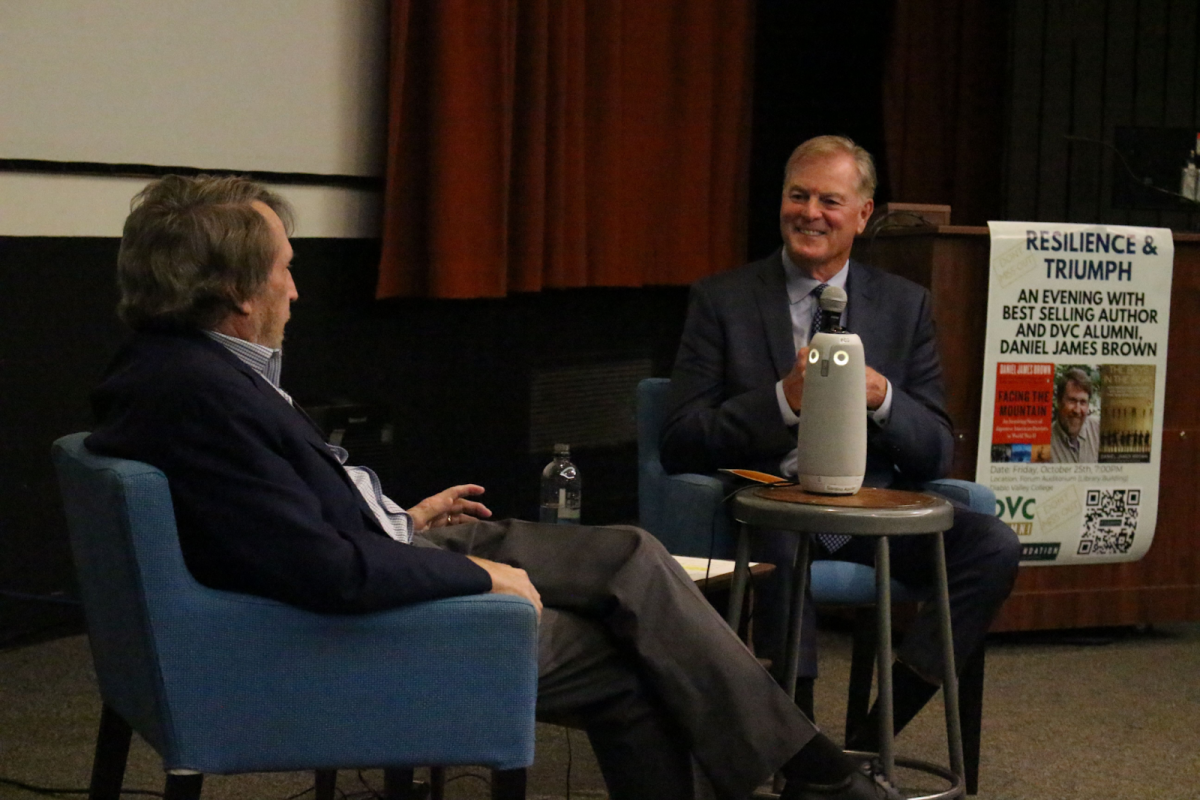In an increasingly complex world, where life-changing issues may not be as clear-cut as they seem, the public turns to journalists as their guide, just as they have for many centuries.
Nowadays, through the advent of the Internet and social networking sites like Twitter, anybody can post his thoughts on current events to a worldwide audience and feel like a journalist.
Even major news organizations like CNN have caught on and use Twitter to deliver breaking news updates and give viewers a platform to express their views on the subject.
The question is: Does this constitute as true journalism?
The answer is no.
The Internet is best used as a resource for journalists to spread their message, but it should not replace hard-hitting and thoroughly investigated journalism.
A quick glance at many of the so-called current-events blogs floating around the Internet will show that few give detailed and factual accounts of the issues. Instead, it is one person’s interpretation of a hot-button topic, punctuated with phrases like, “This is how I think things should be,” and comments that only reinforce the author’s opinion.
If the average person takes these views at face value, then discussion of issues like healthcare reform comes down to either “it’s good” of “It’s bad,” based solely on another person’s spin, not on cold, hard facts.
These blogs give people with no true authority a chance to say, “I have opinions on current events, and I will make a living by writing about them,”
Society needs a firm understanding of issues like the economic crisis or climate change. If the public doesn’t understand the crucial parts of these issues, they won’t know how to react in times of panic.
Aspiring journalists also must learn to go out and gather evidence through physical contact with human sources, not pull information from what they find by typing into a search engine.
According to renowned “Washington Post” writer Carl Bernstein, “The job of a journalist is getting the best obtainable version of the truth at the time.”
True journalists go out and talk to people, get as much information as they can and then explain the issue in a way the public can connect with. Sitting in an office and Googling information is not an effective way to research a news story.
Journalism is not dying, as some skeptics say. Rather, it is expanding.
The Internet is something anybody with an online connection can use. This makes it more accessible than subscribing to a newspaper.
The best way to use this form properly is for proven journalists to bring their work to this medium. Writers for nationwide newspapers like the “New York Times” and “Washington Post” should bring their work to the World Wide Web and use their investigative skills and experience to stand out from the blogs.
The public needs to understand the difference between the purity of hard-hitting journalism and the views of a person sitting at a computer desk in his basement. Aspiring journalists should know the Internet can be a supplement to news writing but not a replacement.
Journalism’s survival depends on how well writers can get their message across, and using the Internet to deliver the important details one way it will continue to thrive.
This editorial by opinion page editor Nick Setanovich was awarded a fourth-place award at the Nov. 7 regional conference of the Journalism Association of Community Colleges. It was written following the keynote speech, “The Revolution Will Not be Twitterized: Preparing for Journalism in the 21st Century,” by Matt Hufman, a Pulitzer-prize winning journalist and former Chabot College student.












































































